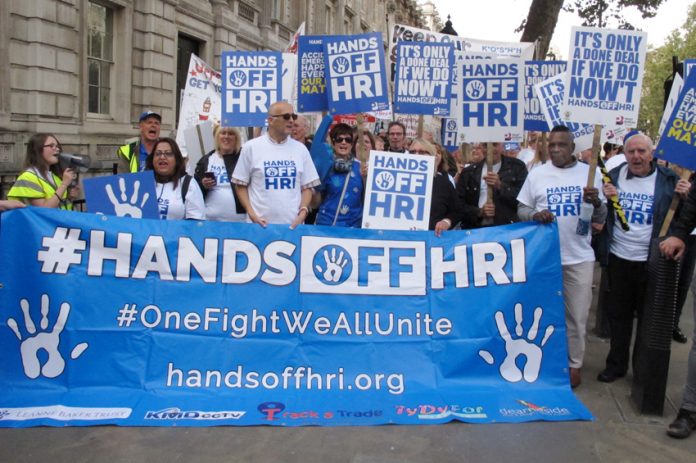
THE quality and safety of patient care in general practice in England is under threat from rising workload pressures according to a major new British Medical Association (BMA) survey of more than 5,000 GPs.
Key findings from the survey, which drew responses from 5,025 GPs across England, include:
• Eight out of ten GPs (84%) believe that workload pressures are either unmanageable (57%) or excessive (27%) and are having a direct impact on the quality and safety of the care they deliver to patients.
• Only one in ten (10%) describe their workload as manageable and allowing for good and safe quality of care.
• The South East (86%), the West Midlands (86%) and Yorkshire and Humberside (86%) had the highest rates of GPs reporting unmanageable levels of workload.
GPs outlined a broad range of options to help tackle these problems, such as increased provision of enhanced community nurses to manage vulnerable housebound patients (64%), more help to enable patients to safely self-care (59%) and greater provision of mental health workers (53%) in the community.
Dr Chaand Nagpaul, BMA GP committee chair, said: ‘Many practices are being overwhelmed by rising patient demand, contracting budgets and staff shortages which has left them unable to deliver enough appointments and the specialist care many patients need.
‘We need an urgent expansion of the workforce in both practices and community-based teams, with GPs calling for an increased number of nurses to look after housebound patients and mental health workers to cope with growing demand in this area. Better information for patients about how to safely self-care and wider funding increases for general practice are also needed.’
Meanwhile, it has emerged that NHS hospitals have been told to pass on some scheduled surgery to the private sector to ease a potential winter crisis. Leaked memos from NHS England and the regulator NHS Improvement show health officials have been ordered to discharge thousands of patients and have been banned from declaring ‘black alerts’, which are used when hospitals are unable to cope with demand. In order to bring bed occupancy down to 85% and cut waiting times, NHS trusts have been encouraged to cut the number of operations.
Dr Mark Porter, BMA Council chair, said: ‘This is evidence of an over-stretched healthcare system that the government has failed to properly fund, which must outsource patient care to private providers to cope with predictable patient demand.
‘Unmanageable pressures are now facing the NHS all year round, winter or not, and this has been made worse by cuts to social care provision. It is time for the government to take the blinkers off and provide sustainable funding and increased staffing to ensure the long-term future of the NHS.’
• Privateer BMI Healthcare says it more than doubled its profits last year, reporting a 2.3% overall increase in inpatient and day cases, and a 13.5% rise in its NHS caseload, ‘with waiting list pressure and patient choice driving the increase’. Spire, which runs a network of 38 private hospitals, has seen revenue and patient volumes increase by 30% and 20% respectively in the past five years, and expects to see this trend continue.